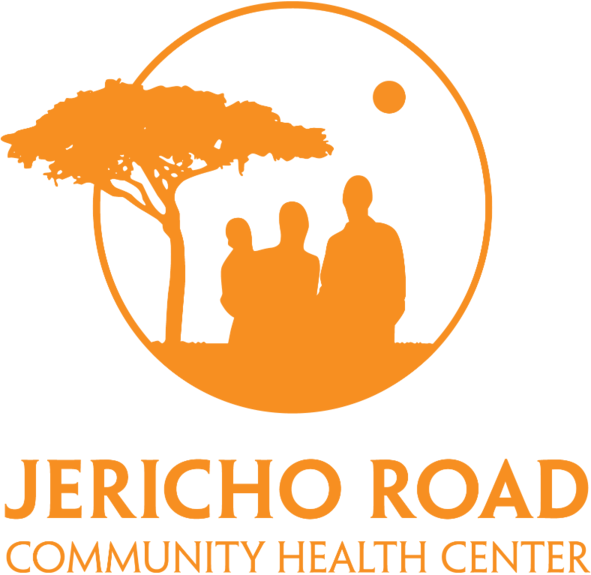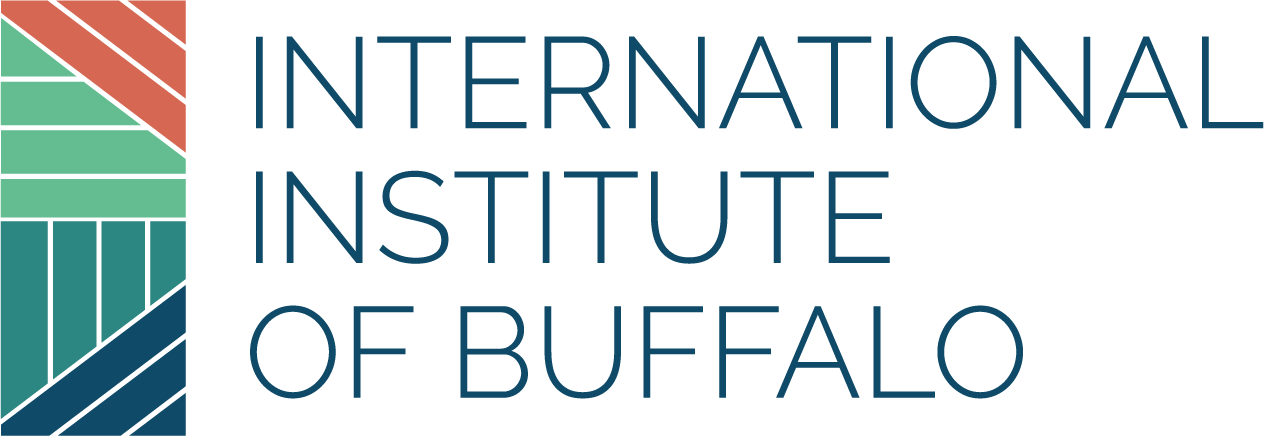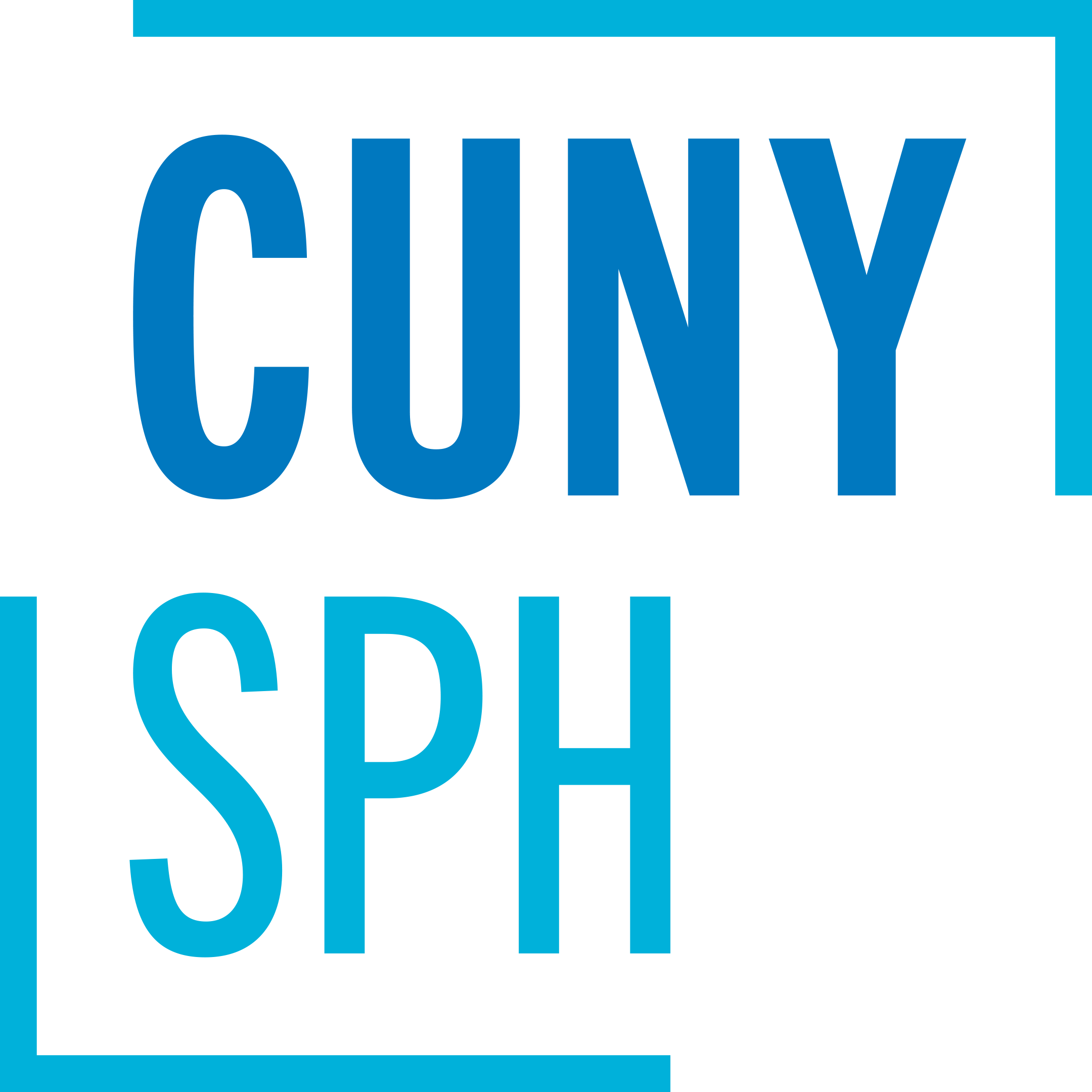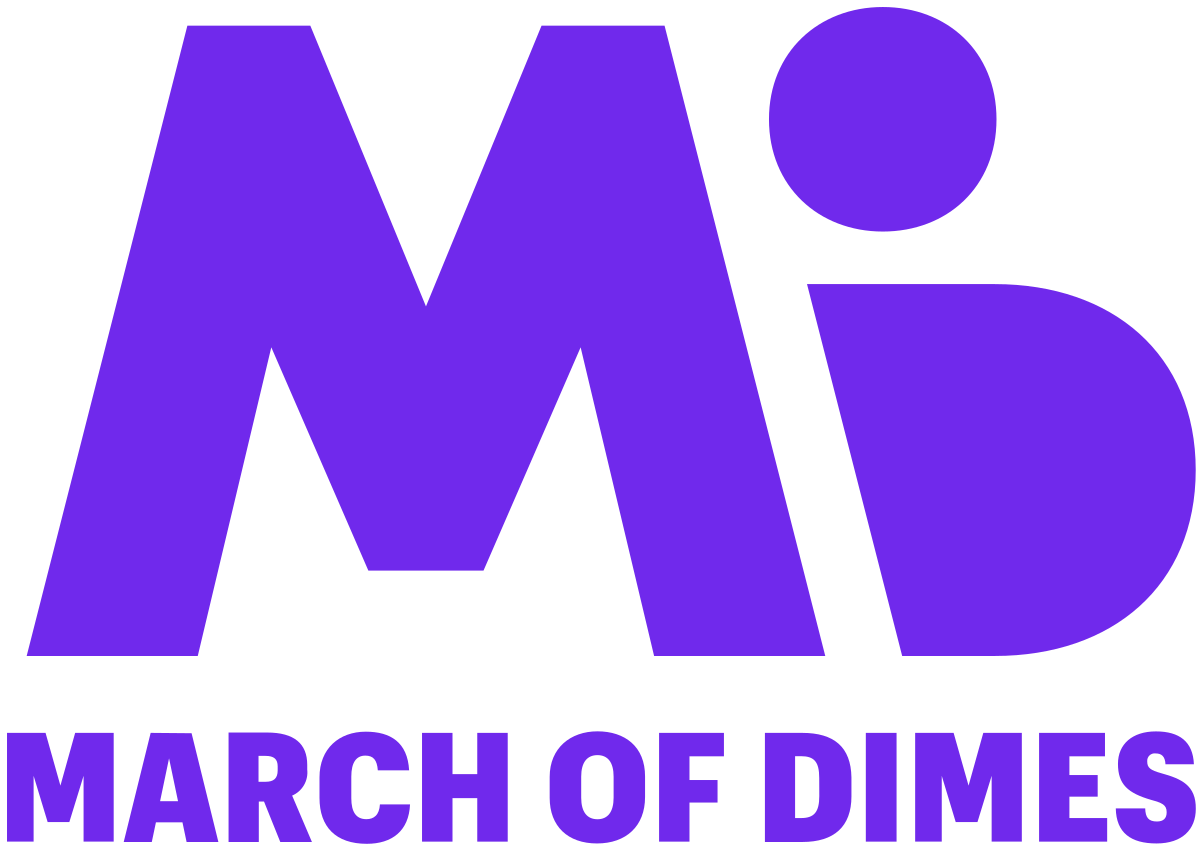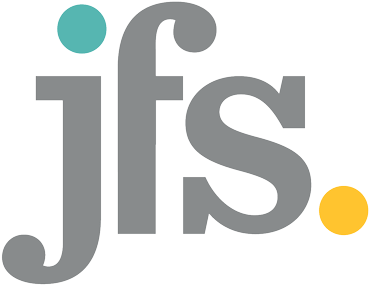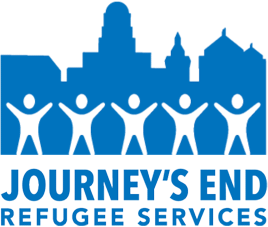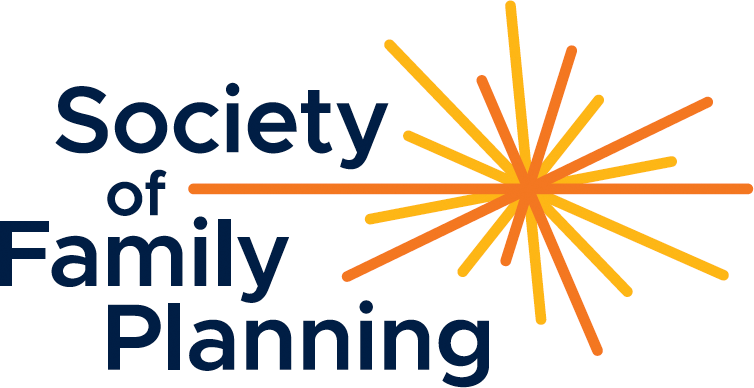Overview
Buffalo and the surrounding area have a large, diverse and increasing migrant population with diverse cultural and linguistic backgrounds leading to diverse maternal and reproductive healthcare needs.
While there appears to be a robust foundation of local, community-based organization (CBO) providers serving migrants in Buffalo, there appears to be less emphasis on health and almost none focused on maternal and reproductive health (MRH) relative to services like housing, legal representation, education, economic support, and language/interpreter services.
A preliminary step in addressing the MRH needs of migrant communities is engaging community members and the knowledgeable, trusted providers who serve them to understand factors contributing to poor MRH given diverse cultural, linguistic, religious, familial, gender, and historical contexts. It is the relationships and trust that Buffalo and Western New York area CBOs and Community Health Centers have cultivated with migrants that is the starting point for building capacity to better serve migrants to reduce maternal morbidity and mortality.
Community-based Participatory Research; Patient-Centered Outcomes Research
Community-based organizations and maternal and reproductive health service providers
Buffalo, New York and the surrounding Erie County
Research Questions and Methodology
Community-based participatory research (CBPR) is a powerful approach to conducting research that centers the voices of vulnerable populations. The diversity of the immigrant and refugee population in Western NY speaks to the need for this approach; given unique cultural differences, language barriers, and hard-to-reach populations, a one-size-fits-all approach to ensuring access to MRH services is unlikely to work.
This project is therefore addressing three inter-related research questions within a CBPR framework:
- What data collection method(s) would be the most appropriate to assess the level of knowledge and range of attitudes related to MRH when engaging with several of the largest immigrant and refugee groups in the metropolitan Buffalo area?
- What are the specific questions that should be asked of these immigrant and refugee groups to best (i.e., culturally sensitive) assess their knowledge of, attitudes regarding, and interest in accessing MRH services?
- What would be the specific elements of a study design implemented to collect and analyze such data informing immigrant/refugee group-specific interventions to increase knowledge of and access to MRH services in the metropolitan Buffalo area?
This pilot CBPR work will result in a minimum of two concrete deliverables: (1) a solid community-supported base from which to apply for resources for implementation of the data collection and analysis components in Buffalo and surrounding areas; and, (2) a transferable CBPR-driven model for engaging immigrant- and refugee-serving partners in similar communities across the US that seek to increase knowledge of and access to MRH care.
